Princess Diana gave up the same security that Prince Harry demands
Prince Harry’s making a demand that Princess Diana was deceived into giving up – and having it could have saved her life.
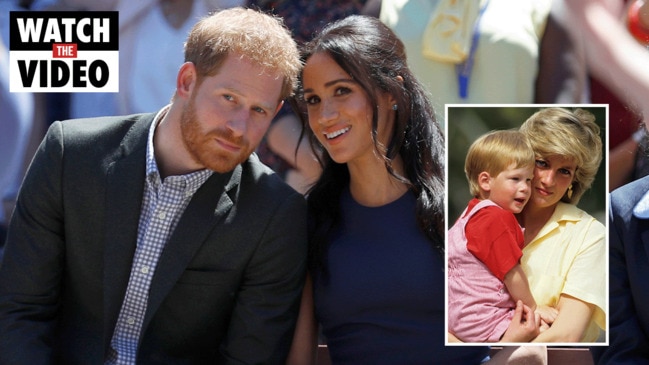
COMMENT
If ever there was a wonderfully apt descriptor of the truly strange position that Prince Harry, Duke of Sussex, has cornered himself in then it would have to be “particular and unusual”, a phrase we have no less than a British government body to thank for.
Harry is, after all, the only member of the most famous British family in history who self-exiled himself to a foreign country; a man who has regularly taken aim at the monarchy but has clung on to, barnacle-like, the title given to him by said monarchy; and a former official representative of the Queen who is now a prince with any sort of portfolio.
“Particular and unusual”? I’d say that describes him perfectly.
This phrase emerged (where else?) in a London court where a judge ruled last Friday that the 37-year-old polo player and speech giver could challenge the decision made by the Home Office that he would no longer be granted automatic police protection when in the UK.
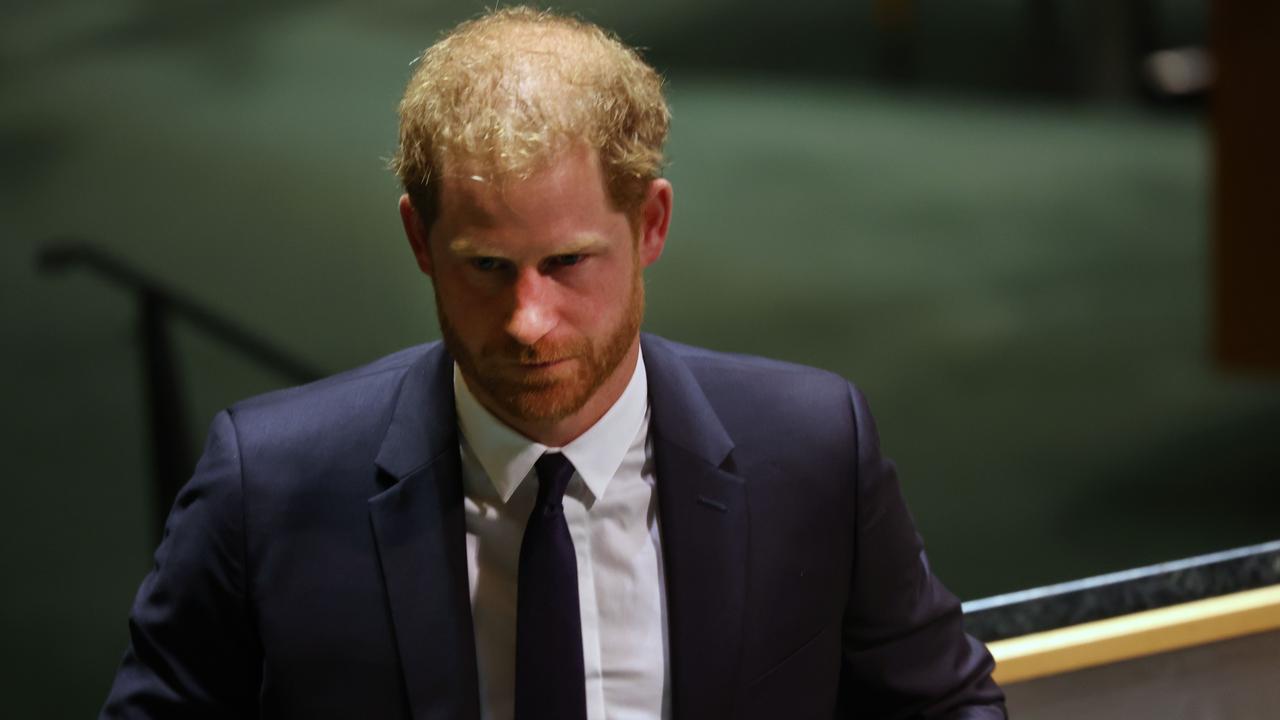
Earlier this year, it was revealed that Harry had launched legal action over the ruling made by the Executive Committee for the Protection of Royalty and Public Figures (known as Ravec) in 2020 that the Duke and his family would no longer receive the same level of protection they had when he and wife Meghan, Duchess of Sussex, were full-time working members of the royal family.
Now, Harry has got the green light to challenge that Ravec position.
At any other point in time we could chalk this all up as a victory for Harry and Meghan, not to mention their law firm Schillings as all those juicy billable hours tick ever upwards and move on, except for another royal story that has been playing out, also in the High Court.
On Thursday last week, a judge ruled that the BBC must pay William and Harry’s adored childhood nanny, Alexandra Pettifer (you would remember her as Tiggy Legge-Bourke) $A346,000 (£200,000) after “false and malicious allegations” were made against her to get Diana, Princess of Wales, to agree to her 1995 Panorama interview.
(Stick with me here, these two court cases are sadly connected.)
The aftershocks of that infamous tell-all interview, in which the Princess of Wales oh-so-casually threw out that seminal line about there being “three of us in the marriage”, would be devastating for both her and the House of Windsor.
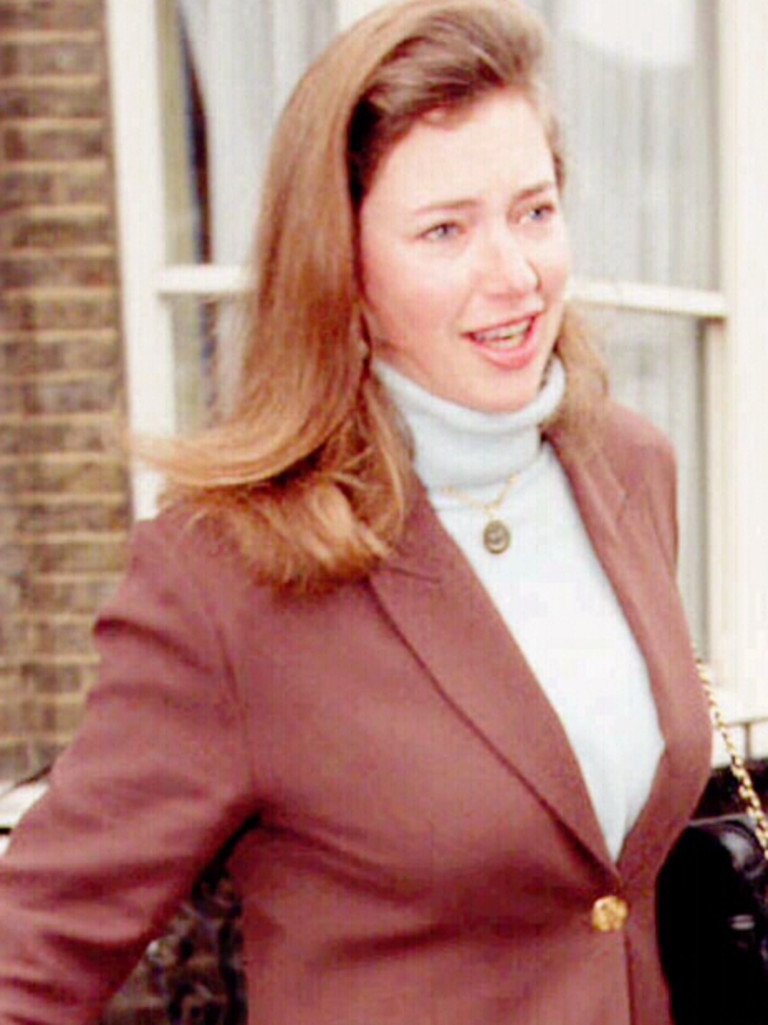
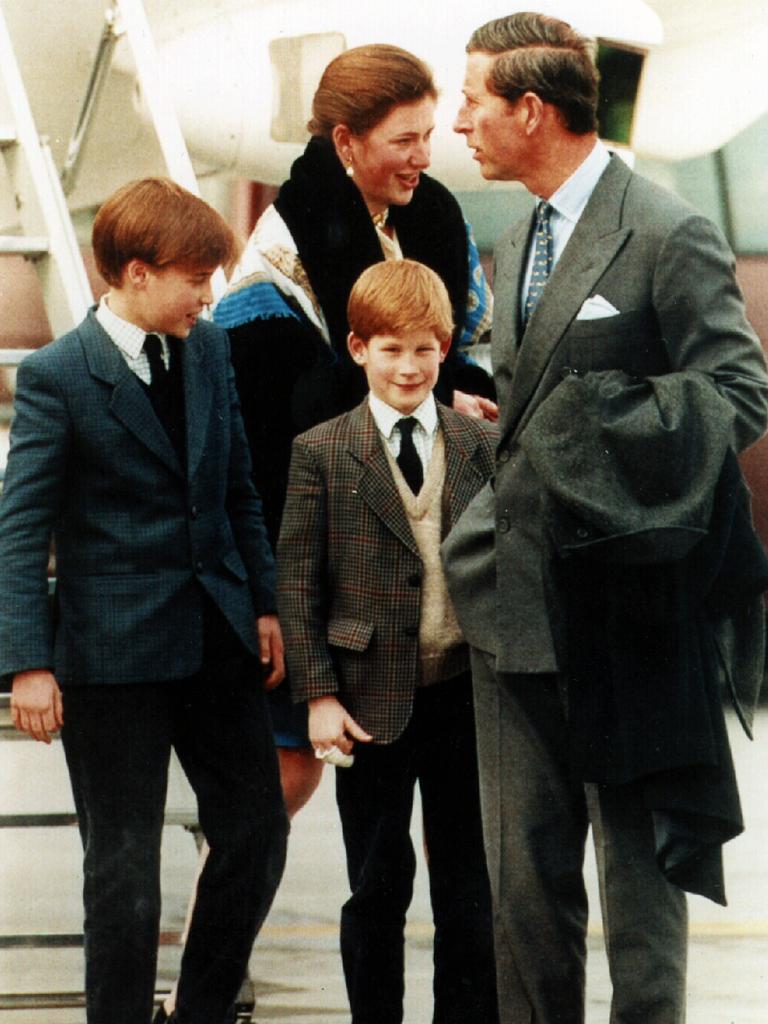
At the heart of this situation is how Martin Bashir, a relatively unknown journalist who had never really covered the royal beat and had no connection with them, managed to land the journalistic coup of the century. The answer is, basically, by lying.
By 1995, Diana had been separated from Prince Charles for years and was increasingly isolated, locked in a PR battle with him, and suspicious of some of the people around her.
In August of that year, exactly two years to the day before Diana was killed in Paris, Bashir managed to secure a meeting with her brother Earl Spencer.
The story Bashir spun for Spencer at the time, we learnt via last year’s Dyson Report, was an extraordinary – and totally deceitful – one.
At another meeting at the Spencer estate Althorp in mid-September 1995, Bashir presented the Earl with forged bank statements purporting to show that Charles’ top private aide was being paid by “dark forces” who were a threat to Diana.
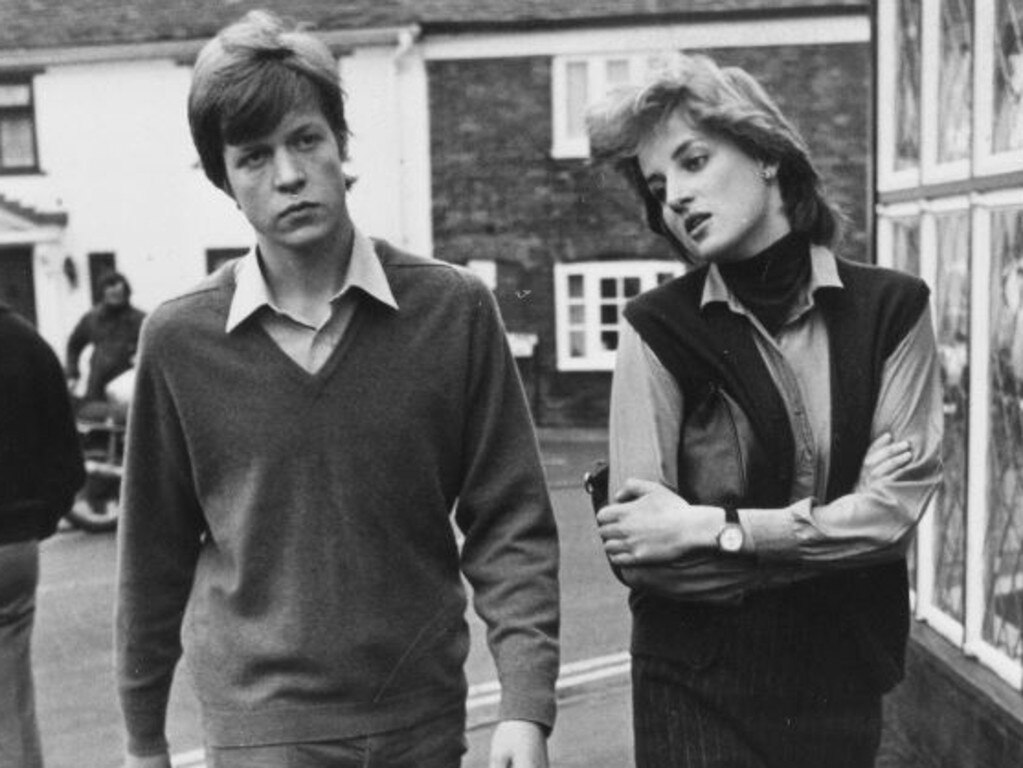
Bashir also told Spencer there was a plot to kill the princess and that MI6 was watching her too.
“What Mr Bashir told me was shocking – a series of tales so extraordinary that, as soon as he left, I called Panorama’s executive producer, who confirmed it was all true and that I could trust Mr Bashir,” Earl Spencer wrote in the Daily Mail this weekend.
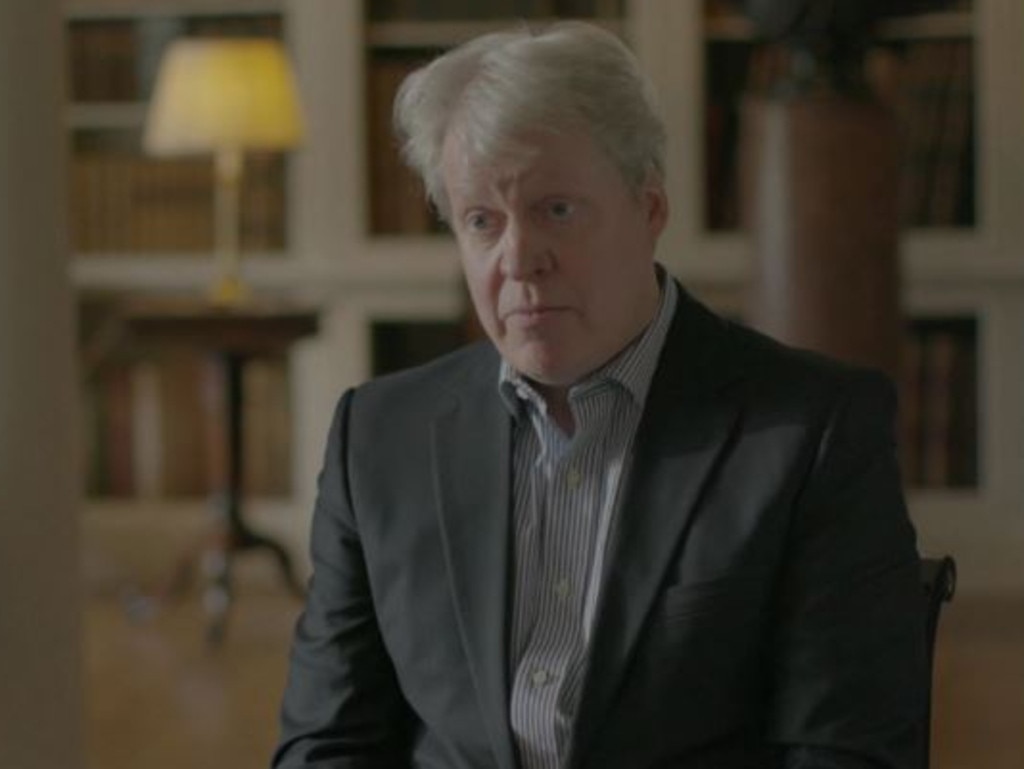
A concerned brother, five days after that Althorp meeting on September 19, 1995, Earl Spencer introduced his sister to Bashir in London.
The tale Bashir told Diana hit a bullseye with the vulnerable princess and less than two months later she secretly sat down with him to film her pyrrhic prime time interview. (She gave her own staff the night off and led others to believe that the men humping technical equipment into her apartment were there to install a new hi-fi system.)
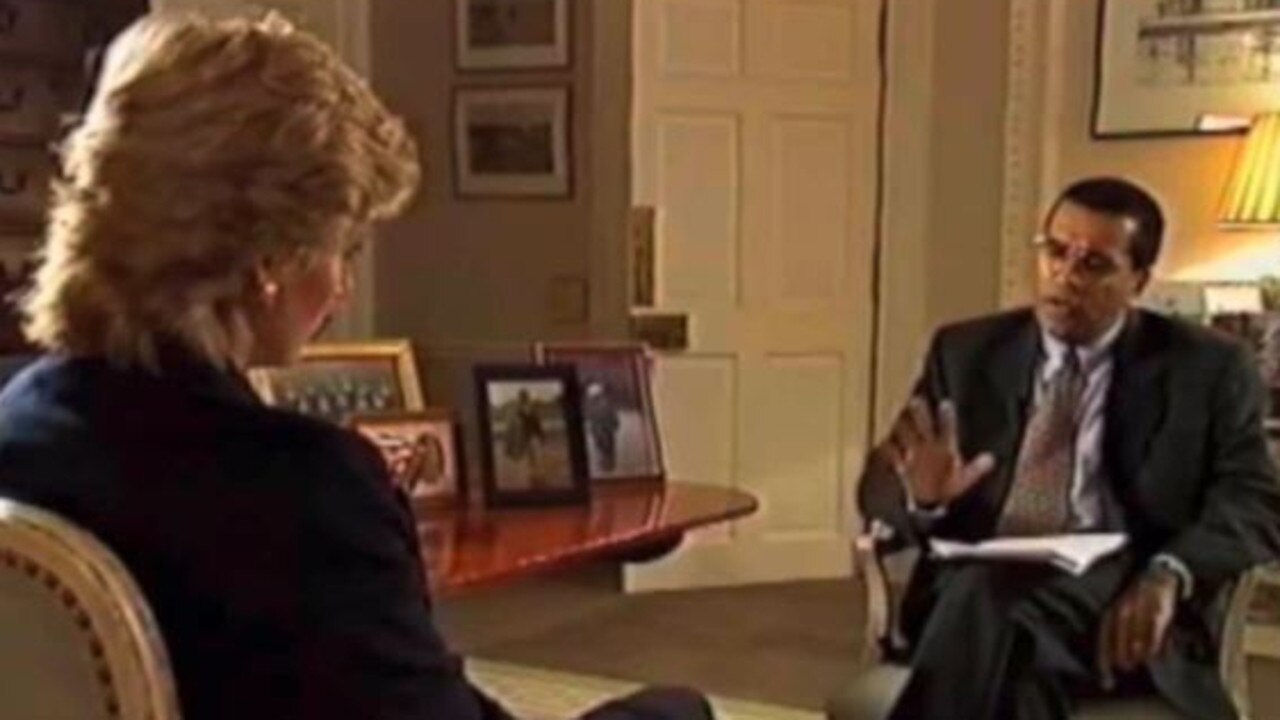
Deciding to do the interview was, as her longtime private secretary Patrick Jephson later writes in his fascinating book Shadows of a Princess, a “suicidal” move.
Not only did the Queen then intercede and tell the Waleses it was time to divorce, but with Diana’s paranoia having been stoked to such a degree and with her having lost trust in “key people,” as her brother has argued, she had made the decision to give up her official government bodyguard day-to-day. (The princess did however keep using them for royal engagements.)
By that point for the better part of 15 years, Diana had been protected by a four-person team at all times. No matter whether it was her sneaking off to Harrods for a quick spot of shopping or if she was off on official palace duty, the grim-faced officers from the Royalty And Diplomatic Protection Department were by her side.
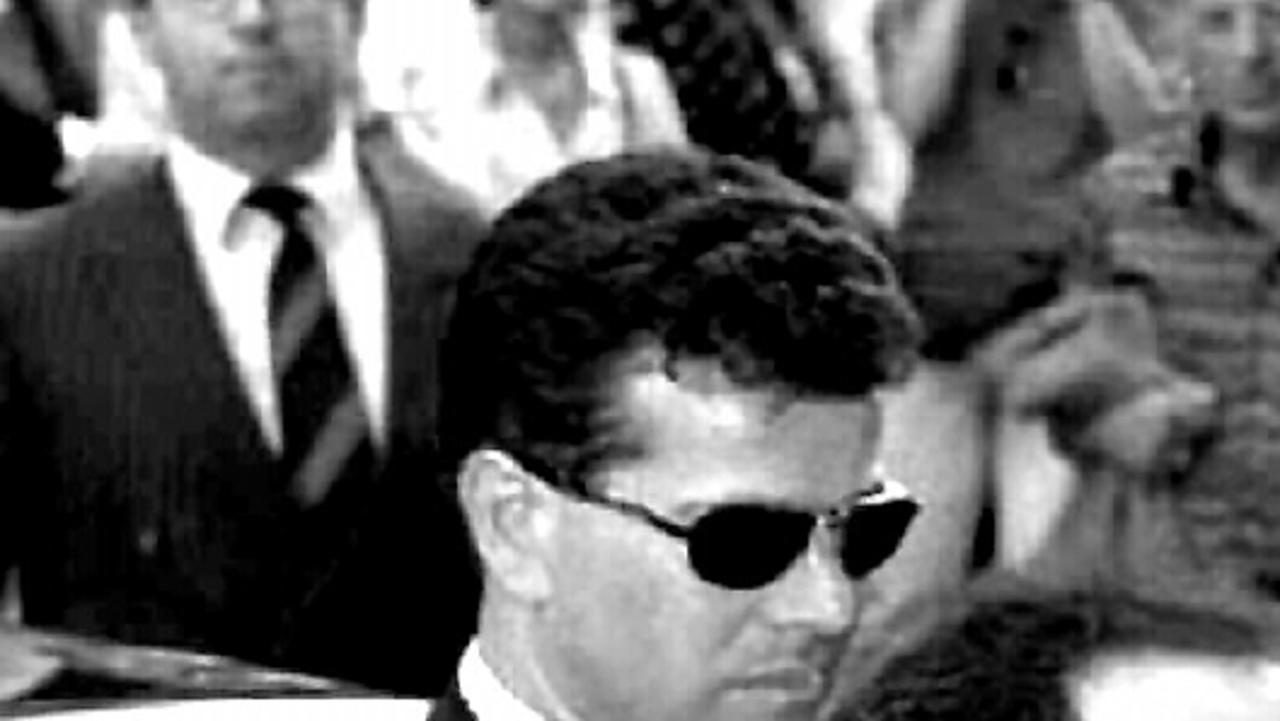
However, having given up her Personal Protection Officers, the princess was even more exposed to the rapacious paparazzi horde who chased her (at times, quite literally) through the streets of London and on one notable occasion, through an airport in Spain.
Two years to the day after Earl Spencer had first met with Bashir, Diana was killed in Paris. On that tragic night, his sister had “no royal protection officers on hand, having chosen to dispense with the services of those who she should have been able to trust implicitly with her safety”, he has written.
Having properly trained bodyguards on that night in Paris would most likely have saved her life. As various former PPOs have argued over the years, they would never have allowed her to get into the car with the untrained and drunk driver Henri Paul, nor would they have played a cat-and-mouse game with the press horde.
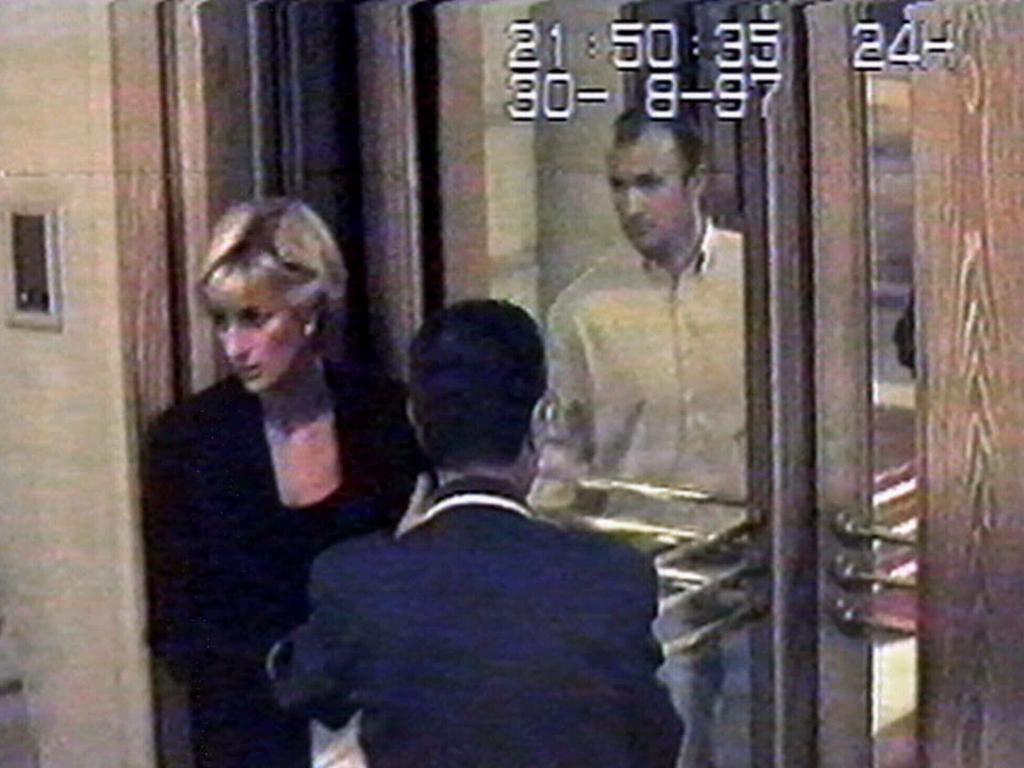
There is a sad symmetry that the protection Diana readily gave up, in part based on lies and deceit she had been cruelly fed, is the same protection that her son is now fighting tooth and nail for via the court system.
If the princess’ situation was founded on deception then Harry’s looks predicated on naiveties about what he thought would happen after the sonic boom of Megxit.
If there is one thing that has come into focus in the myriad post-mortems of their historic quitting it was that they seemed to have expected much greater acquiesces on the parts of the royal family and the Home Office to go along with their plan.
As he told Oprah last year, in the wake of the duo’s decision to quit full-time working royal life, he and Meghan had been “told at short notice security was going to be removed” and that “my family literally cut me off financially”.
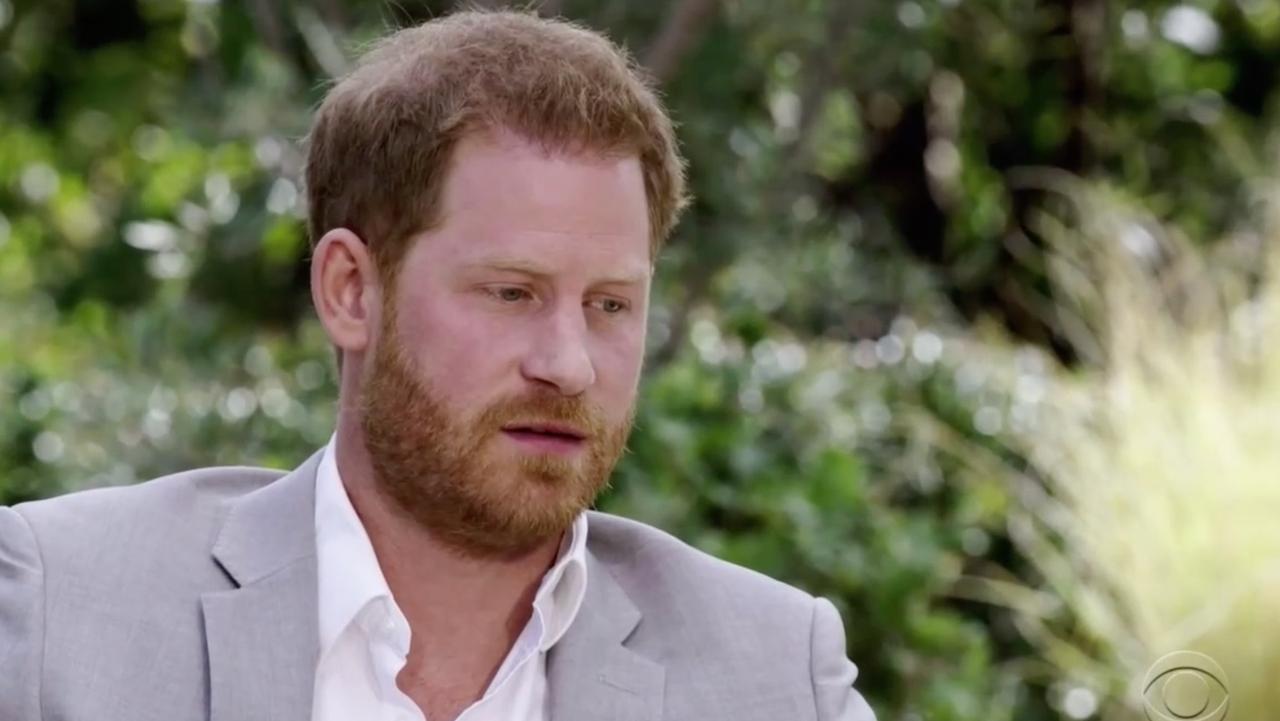
This situation raises the question, what did the Sussexes think would happen financially and security-wise when they decided they were going to “balance” their time between the UK and North America (as was the initial plan they set out), all the while that they became “financially independent”?
And then, did he really expect that the government and his father would continue to take care of the couple, even once the Sussexes had made the decision to quit royal life wholesale?
Both Diana and Harry are alike in that they made major decisions without having fully considered the possible consequences of their choices.
Likewise, both mother and son (and daughter-in-law) are united in that, how different might things look today if none of them had felt so isolated or alone while they were inside the royal tent?
The biggest question of all is, nearly 25 years after Diana’s death, has Buckingham Palace learnt anything at all?
Daniela Elser is a royal expert and a writer with more than 15 years’ experience working with a number of Australia’s leading media titles.






